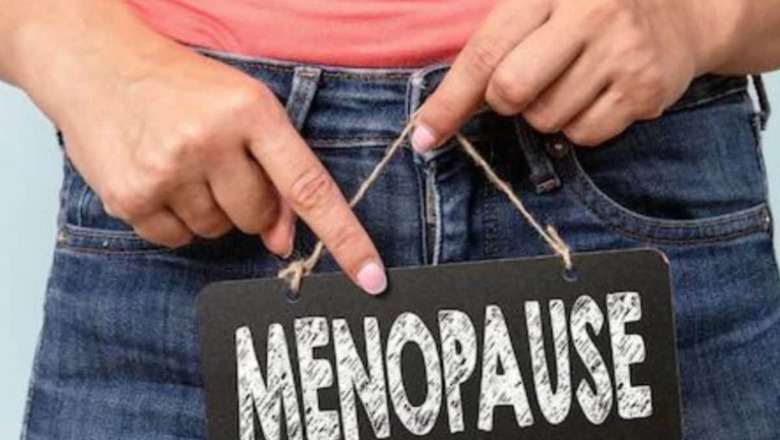
views
A difficult transition in a woman’s life comes during menopause when they face a variety of physical and mental health difficulties. Simply explained, menopause is the time when your menstrual cycles come to an end. It is identified after 12 months of not having your last period and commonly occurs in the forties or fifties. It’s a natural biological process, and most women at this stage experience symptoms such as hot flashes, disturbed sleep, weight gain, etc. There are numerous effective therapies available, but the most popular way to deal with any form of hormonal change is to watch your diet. Proper nutrition can relieve you of many additional health concerns.
A nutrition expert, Kimberly, mentions that the menopausal transition is often followed by the “‘perimenopause” phase. She writes, “Once perimenopause finishes and menopause officially begins, your risks for heart disease and osteoporosis rise.” She adds that since your body undergoes many changes during this time, its nutritional requirements also change.
A post shared by Kimberly |•Nutrition for hormone balancing in women 40+ (@40ishhealthymama)
Here are a few nutrition tips shared by the expert to stay healthy while you reach the menopause phase:
- Drink enough fluidsThe nutritionist says that with age, you may slowly lose your sense of thirst. This means you can become less hydrated without even noticing it which is not good for your health. Many menopausal symptoms may be reduced simply by drinking more fluids.
- Avoid AlcoholThe expert mentions that alcohol can worsen hot flashes and make it harder to stay asleep. Additionally, it can also make a person forgetful and confused and can even lead to loss of muscle mass, balance problems, and accidents.
- Reduce spicy foods, sugar and caffeineKimberly suggests that if hot flashes bother you, consider avoiding common triggers like spicy foods and caffeine. She says that according to a study, menopausal women who ate more sweets, fats and snacks suffered more than those who ate more fruits and vegetables.
- Watch CaloriesAt 50 years, you need about 200 fewer calories per day than you did during your 30s and 40s as per the expert. She adds, if you continue to eat the same amount of food as you did in your early years, you will definitely start gaining weight. On an average women in their 50s and 60s gain about 1.5 pounds every year.
- Eat higher quality foodsKimberly says that a study showed that menopausal women who ate the most greens had fewer complaints. Further, by eating more nutrient-rich foods, you will get more vitamins, minerals, fibre, etc., which are essential for overall health.
What's your reaction?




















Comments
0 comment